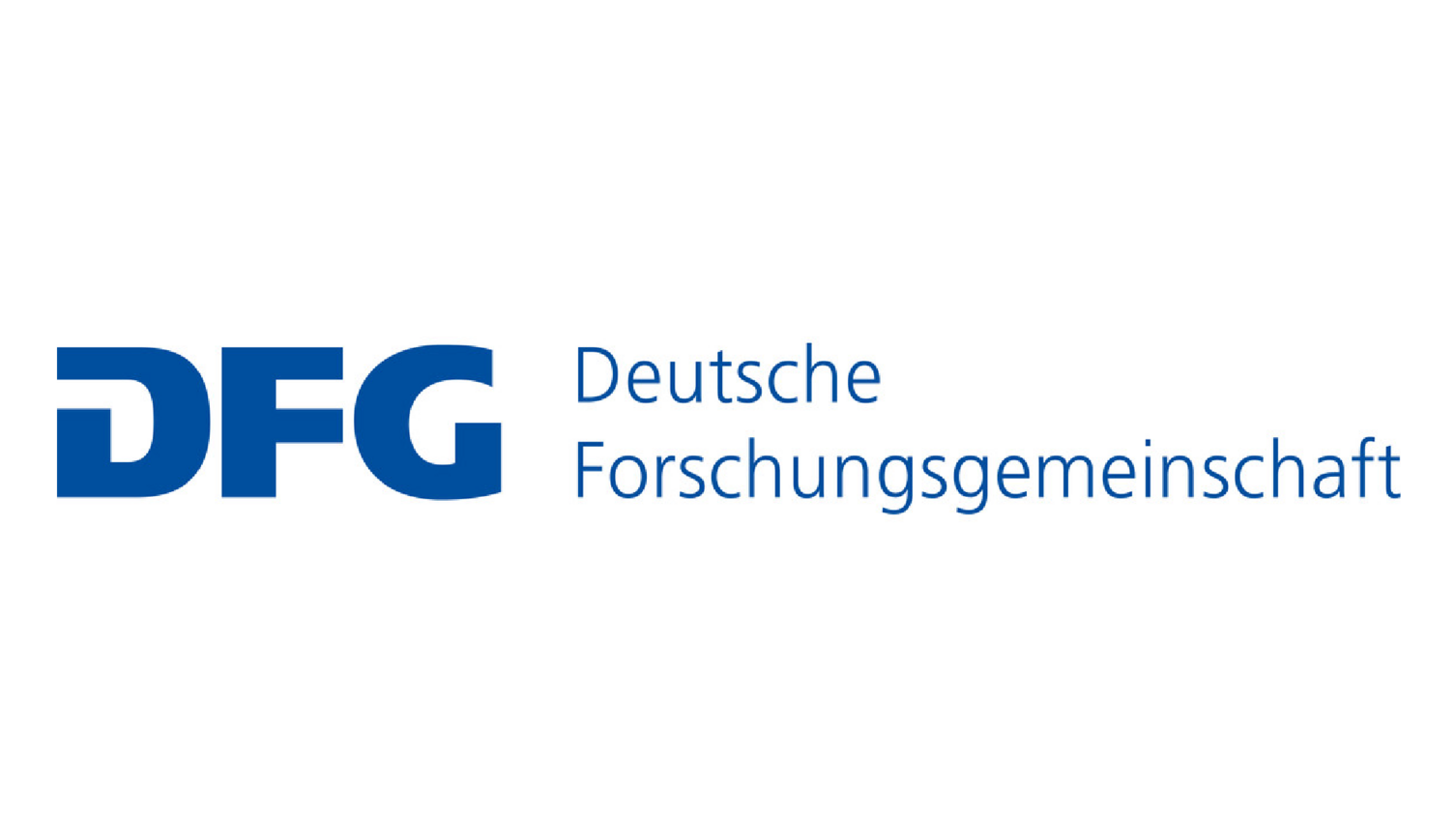Demand for and values of Nature’s Contributions to People (NCP) at the Kilimanjaro Social-Ecological System
The rapid and unplanned urbanization in Africa is leading to a dramatic increase in the demand for nature’s contributions to people (NCP). The demand for NCP is not only jeopardizing the capacity of mountain ecosystems to provide NCP, but also the even distribution of NCP among stakeholders. Thus, understanding the demand for NCP and how this is distributed among stakeholders has been acknowledged as essential for the effective assessment and the sustainable management of NCP. Unravelling how stakeholders demand NCP entails characterizing not only their preferences regarding NCP, but also the knowledge- and value-systems that underpin this demand.
The main goal of this project is to unravel the demand for and elicit the diverse values of regulating, material and non-material NCP expressed by the main stakeholder groups at Kilimanjaro.Three specific objectives are the focus of this project:
- To unravel the demand for regulating, material and non-material beneficial NCP by the main stakeholder groups at Kilimanjaro and to assess the trends of this demand;
- To elicit the diverse non-monetary values of regulating, material and non-material NCP expressed by the main stakeholder groups at Kilimanjaro.
- To determine to what extent the demand and values for regulating, material and non-material NCP are shaped by the preservation of ILK held by original peoples, i.e. Chagga people and other local farmers.
The project is embedded in the DFG Research Unit “The role of nature for human wellbeing in the Kilimanjaro Social-Ecological System”. In the DFG Research Unit, we investigate the interactions and inter-dependencies between people and nature at Mount Kilimanjaro under land-use, climate, and governance change. The goal is to provide the scientific basis for decision-making that will facilitate transformation towards sustainable relationships between nature and people at Kilimanjaro.
Team
SESI
Milena Gross, PhD Student.
Her research aims to understand the demand for and values of NCP expressed by tourists, tourism operators and conservation managers. In addition, she will explore the human-nature connections that are derived from the experience of living on, working at and visiting the Kilimanjaro Mountain and how that experience contributes to people’s quality of life.
Johanna Hoffman, Master student and research assistant.
John Julius,PhD Student.
His research aims to unravel the demand for and elicit the diverse values of NCP expressed by local stakeholders and explore the relationship between the possession of Indigenous and Local Knowledge, and the NCP values held by Chagga communities.
Prof. Dr. Berta Martín-Lopez, Principal Investigator
Dr. Jasmine Pearson:Post Doc researcher.
Her research focuses on understanding the gendered perspectives (intersecting with other socio-demographic factors) on the demand and values of NCP.
External:
Dr. Ugo Arbieu, Senckenberg Biodiversity and Climate Research Centre
Prof. Dr. Katrin Böhning-Gaese, Senckenberg Biodiversity and Climate Research Centre
Dr. Jennifer Kasanda Sesabo, Mzumbe University
Prof. Dr. Katrin Rehdanz, Kiel University

